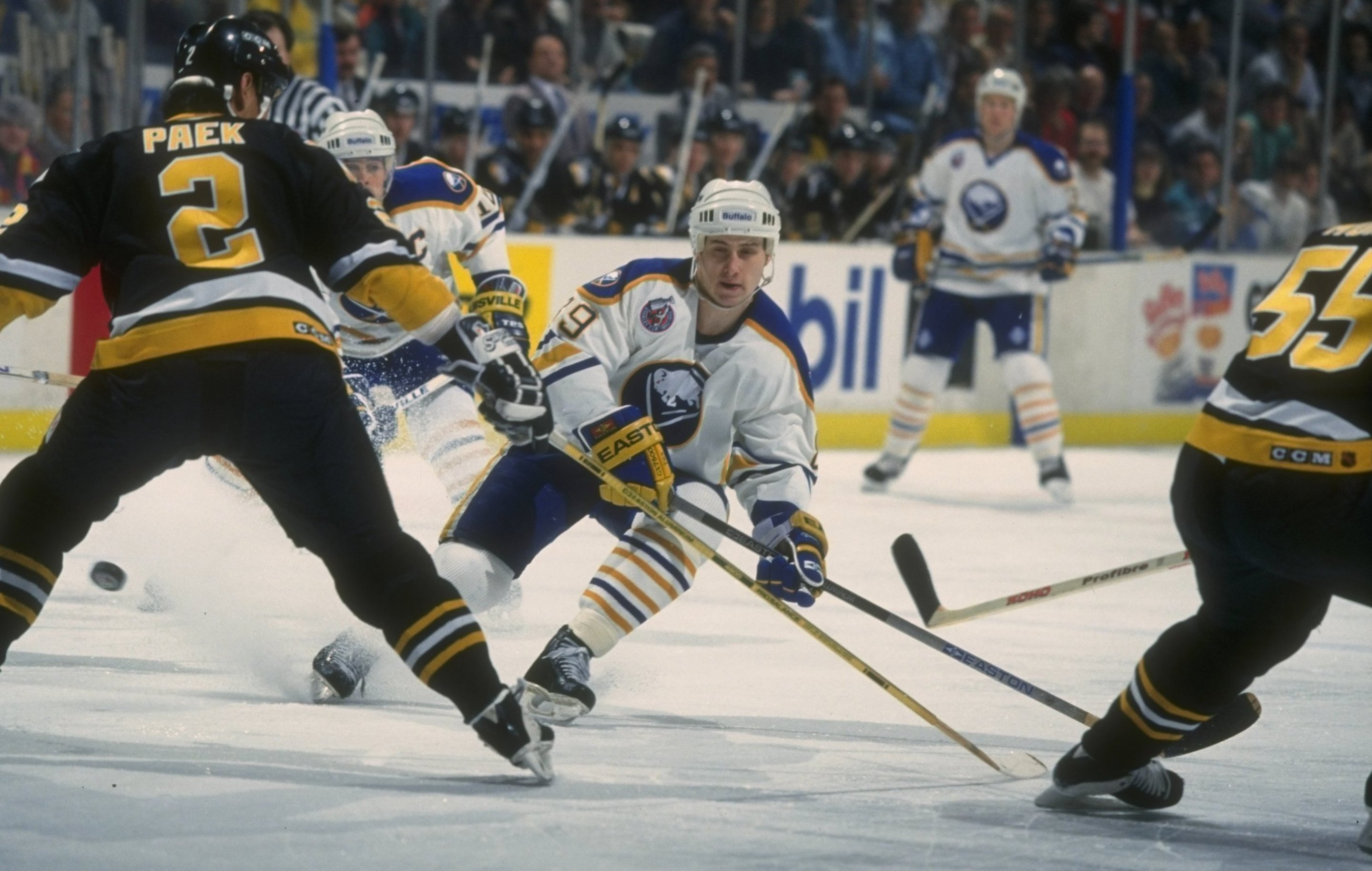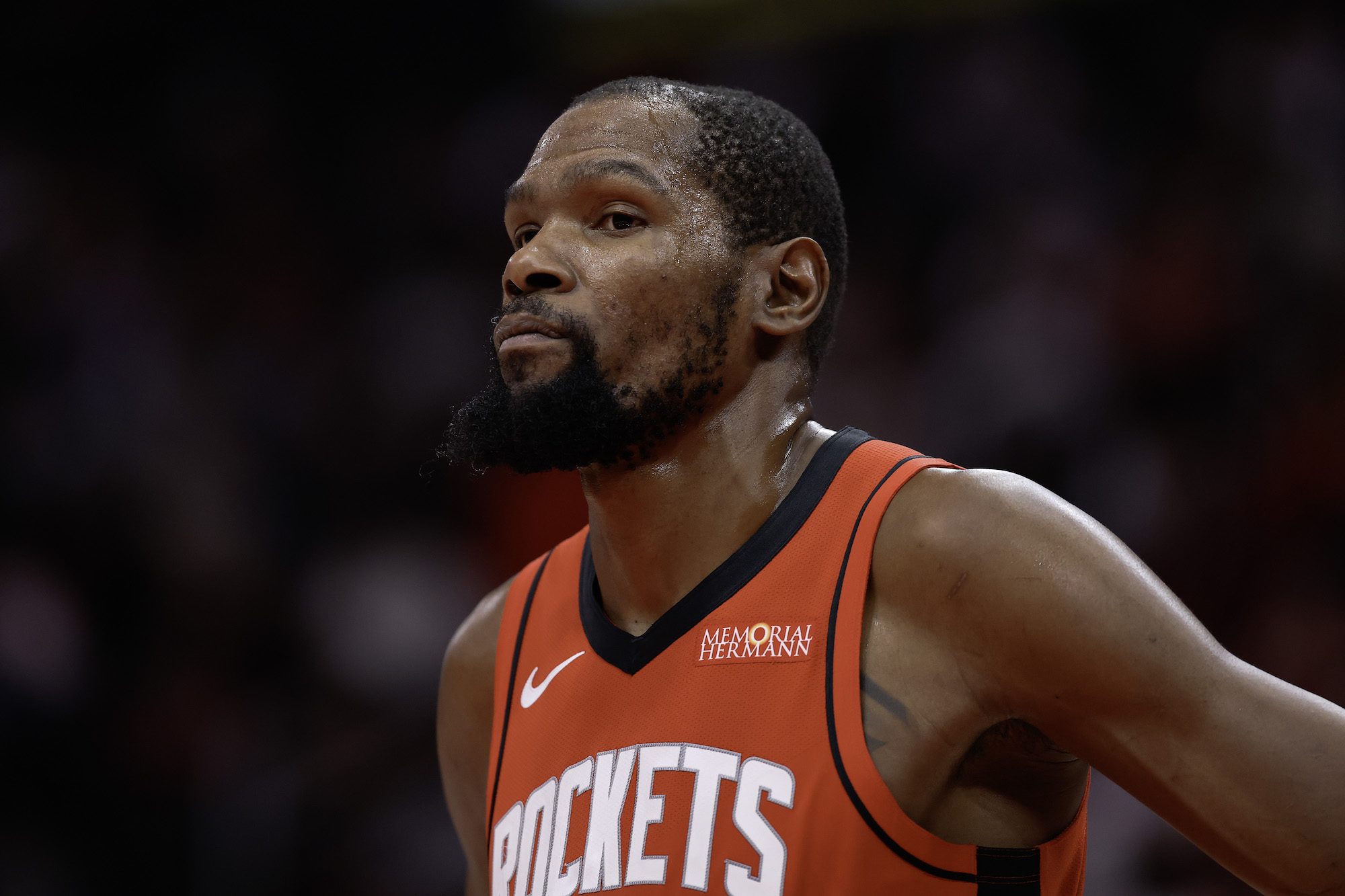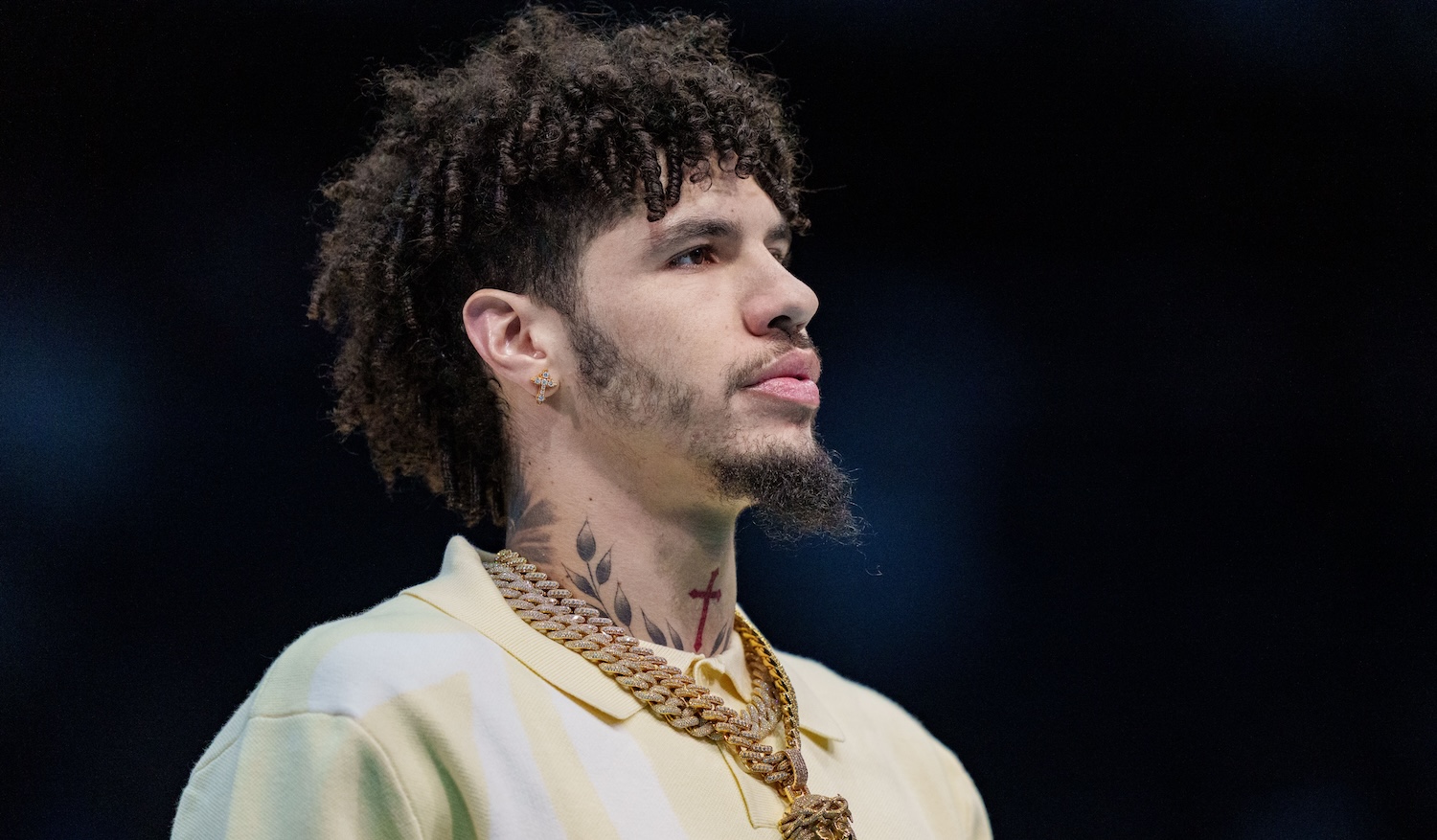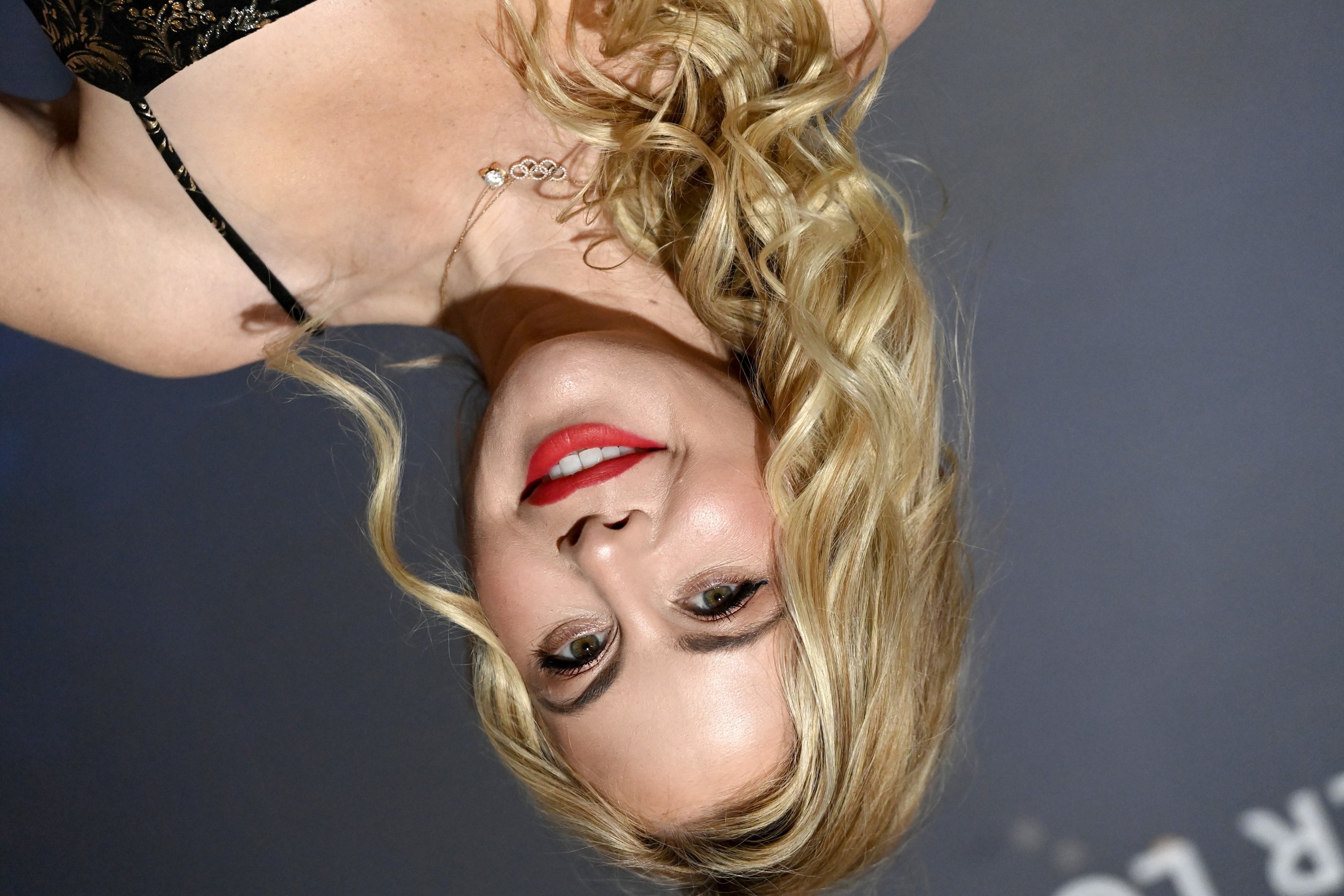The Hockey Hall of Fame announced its 2023 class on Wednesday, and it's a group filled with elite talent, proven winners, builders of the game, and also Mike Vernon. Even more noticeable than the inductees is the snub that by now has tipped over from inexplicable to comical to almost comforting in its predictability: For the 14th year straight, Alexander Mogilny was shut out.
Mogilny is not the only player with a gripe: Patrik Elias is a baffling exclusion, and Curtis Joseph gets to watch two goalies he was better than get in ahead of him this fall. But Mogilny's absence is almost its own exhibit in Toronto at this point, a flashing red sign to remind visitors that halls of fame, and who and what you find inside them, tell you more about themselves than the sport they seek to honor.
Because Mogilny's career, over his 16 NHL seasons with the Sabres, Canucks, Devils and Maple Leafs, would seem to check all the boxes for what the Hall looks for in a candidate. Gaudy counting stats? The right wing with the quick-fire wrister had 473 goals and 1,032 points across 16 NHL seasons, much of that in the depths of the league's defensive trap era. A true superstar peak? Try 76 goals in 1992–93. (The other five players who've scored at least 75 in a season are all in the HOF already.) International glory? Olympic gold in 1988 as the youngest member of the Soviet Team, gold in Worlds, gold at World Juniors as part of perhaps the most fearsome scoring line to ever take the ice, alongside Sergei Federov and Pavel Bure.
The first sin of the Hockey Fall of Fame selection process is its secrecy: We will never know who voted for whom and why. Its second sin is the fact that it uses a single electorate. Rather than have specialist committees in, say, older eras or the international game or women's hockey, we get the same 18 people voting on everyone. I would not expect the same people to be able to accurately judge the relative career contributions of, say, Pierre Turgeon and Ken Hitchcock and Julie Chu. (For the record: in; in; out. It is a real indictment of the committee, which currently has one woman on it, that it has only once elected more than one woman to the Hall in the 13 years since the procedures were changed to encourage exactly that.)
As an all-powerful voting bloc made up of former players, executives, and media members, the Hall voters are subject to very human foibles. They have blind spots and herd mentality. They punish grudges and reward friends. They play politics. Any number of petty reasons could be enough to keep Mogilny from getting the 14 of 18 votes required for induction. But because the voters are unaccountable, we must rely on tea leaves and leaks.
Person I spoke with last night said not to expect Russian candidates to gain entry into #HHOF anytime soon given global politics. Said the already high bar for Russian players to gain entry is higher because “it’s easier not to put in Russian right now.”
— Rob Rossi (@Real_RobRossi) June 21, 2023
This would be unconscionably stupid logic, which is why I totally buy it. Because Mogilny, born in the Russian Far East, was a Cold War trophy for North America and the NHL, and a symbol of its global superiority, and the harbinger of the league makeup as we know it today. He is not merely a "Russian candidate"; he was the first defector.
When the Sabres drafted Mogilny in the fifth round in the 1988, it was a lotto ticket. No Soviet player had ever been on an NHL roster, and though the USSR was starting to fall apart, the KHL was still fiercely protective of its native talent—especially teen superstars like Mogilny, who like any promising young player had been assigned to CSKA Moscow, the "Red Army Team" and a de facto all-star squad.
But as Mogilny lit up the World Championships in Stockholm in 1989, he decided he wanted out. Through an intermediary, he reached out to the Sabres and said he was ready to come over. They set up a dramatic extraction: Bundling Mogilny into a car outside a shopping mall where the USSR players had been given a day off as a reward for winning gold, with his Russian minders giving chase. They drove Mogilny around Sweden for days, never staying in one place for more than a few hours to avoid the KGB—as a Red Army officer, he was a deserter as well as a defector—until the U.S. Consulate could clear his entry into the States. There, a thankful Mogilny donned No. 89 for the Sabres, in honor of both his draft position and the year he got out. He would wear it for the rest of his career.
A year after Mogilny defected, Federov did the same. A year after that, Bure made the leap—though by then, with the Soviet Union collapsing, his exit was more a matter of money than spycraft. Just a generation later, Russian players make up more than five percent of the NHL, behind only Canada, the U.S., and Sweden. (Even after all these years, Mogilny remains the fourth-highest Russian-born NHL scorer.) A common, romantic thought experiment for Hall of Fame status is Can you tell the story of the sport without this person? It's a high bar. Alexander Mogilny clears it easily.
To ignore all of this—the backstory, the stats, the regard in which his contemporaries hold him as a player and a person—or to deem it not enough, and to declare so every year since his first eligibility in 2009, says absolutely nothing about Mogilny's legacy but lots about the body and the procedures tasked with narrating hockey's history. The absences tell a story, too.






